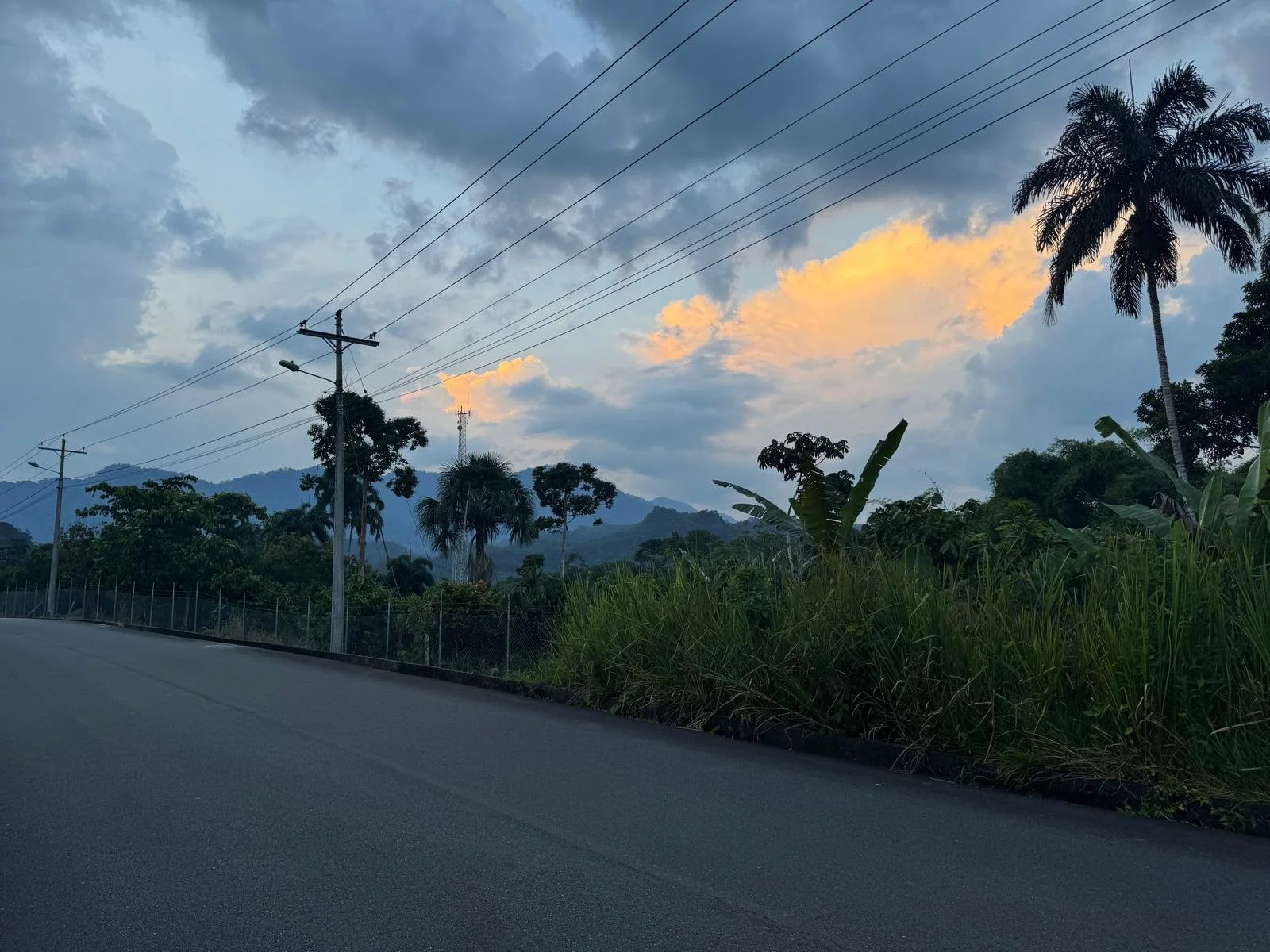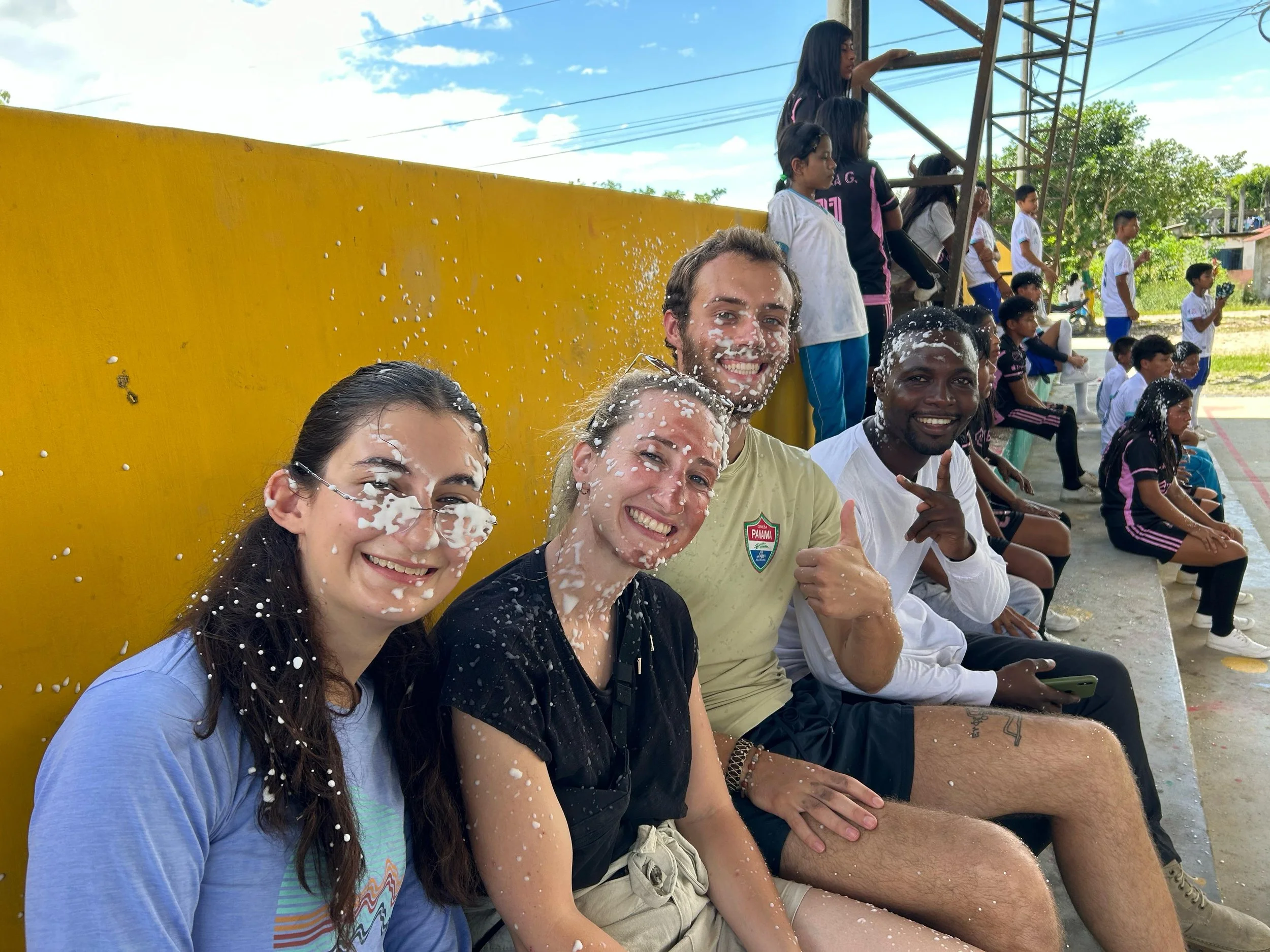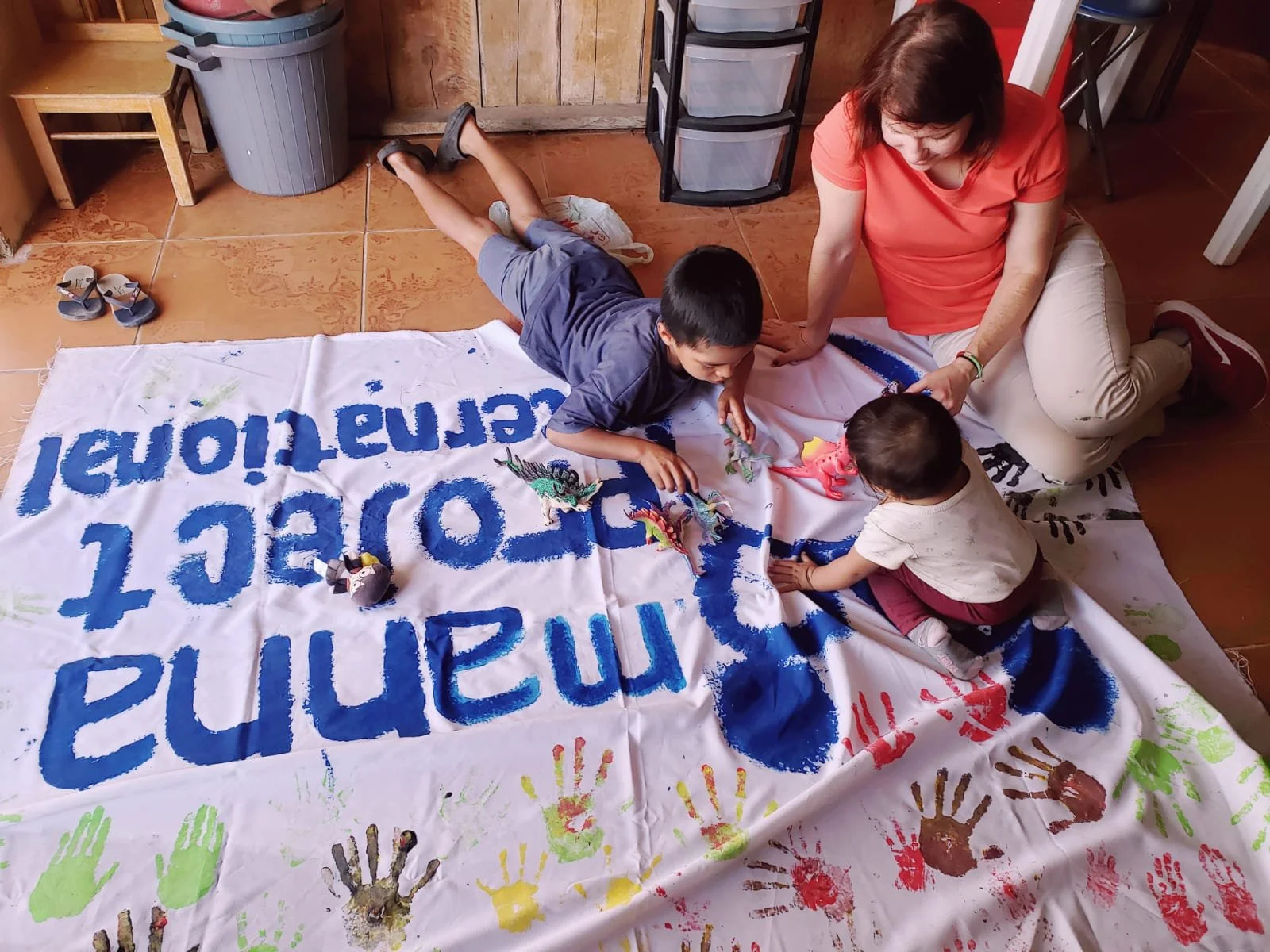Sorry for the lack of posts last week. I wanted to post about our new and improved Small Business Development program but was waiting around for some pictures that never came. So here's a nice boring looking post about a very interesting new look at an old program. I'll let Sarah do the talking:
Hey everyone! Here in Ecuador we've been spending the last couple months turning our Small Business Development program from a consulting service for individual business owners into a full-fledge microfinance program. The road has been both rocky and exciting and we've been learning a lot. Our aim from the start was to run a first loan cycle as a test of our model and see how successful we could be at providing this service to the community (are we giving the loans to people who truly want to invest in their businesses? are they able to pay us back within the set timeframe? is this access to affordable capital actually making a difference to the revenue they make in their businesses and thus improving their standard of living?). We spent our first couple weeks meeting with community members who could guide us in the process, making visits to the director of a small savings and loans cooperative, to the manager of the local government offices of the Patronato for Social Progress, to the credit officer at a microfinance NGO - and luckily they were all eager to give us a hand and help us navigate the new world of microfinance (new to us, at least).
As of now, our first microcredit project looks like this: Working with the Patronato, we are first providing a four-week course in agro-business planning and management to eight farming women from the semi-rural community of Jatumpungo. At the end of this course, the women interested in receiving a loan will submit a business plan and we will select a group of 4 women to give a loan to. They will be given a maximum of $400 per person, to be paid back over 4 months (corresponding with the growth cycles of their greenhouse crops) at an annual interest rate of 9% (which adds up to a total of $12). Our hope is that they will invest these loans in new and simple technologies for their greenhouses (irrigation, fertilizer, better tarps, etc) so that they can produce and sell more and start earning a significant income from their land. If this first loan cycle goes well, we will be seeking to reinvest in a new cycle, and hopefully our experience gained from this one will help us scale the project to reach more beneficiaries.
That's all from Small Business for now. We are presenting our project to the president of the Patronato tomorrow morning - wish us luck!
Side note: We presented to the president and she loved the idea so we're moving forward with our plans .
Later this week - Children's Nutrition by Peter Wagner
Best,
Jefferson







